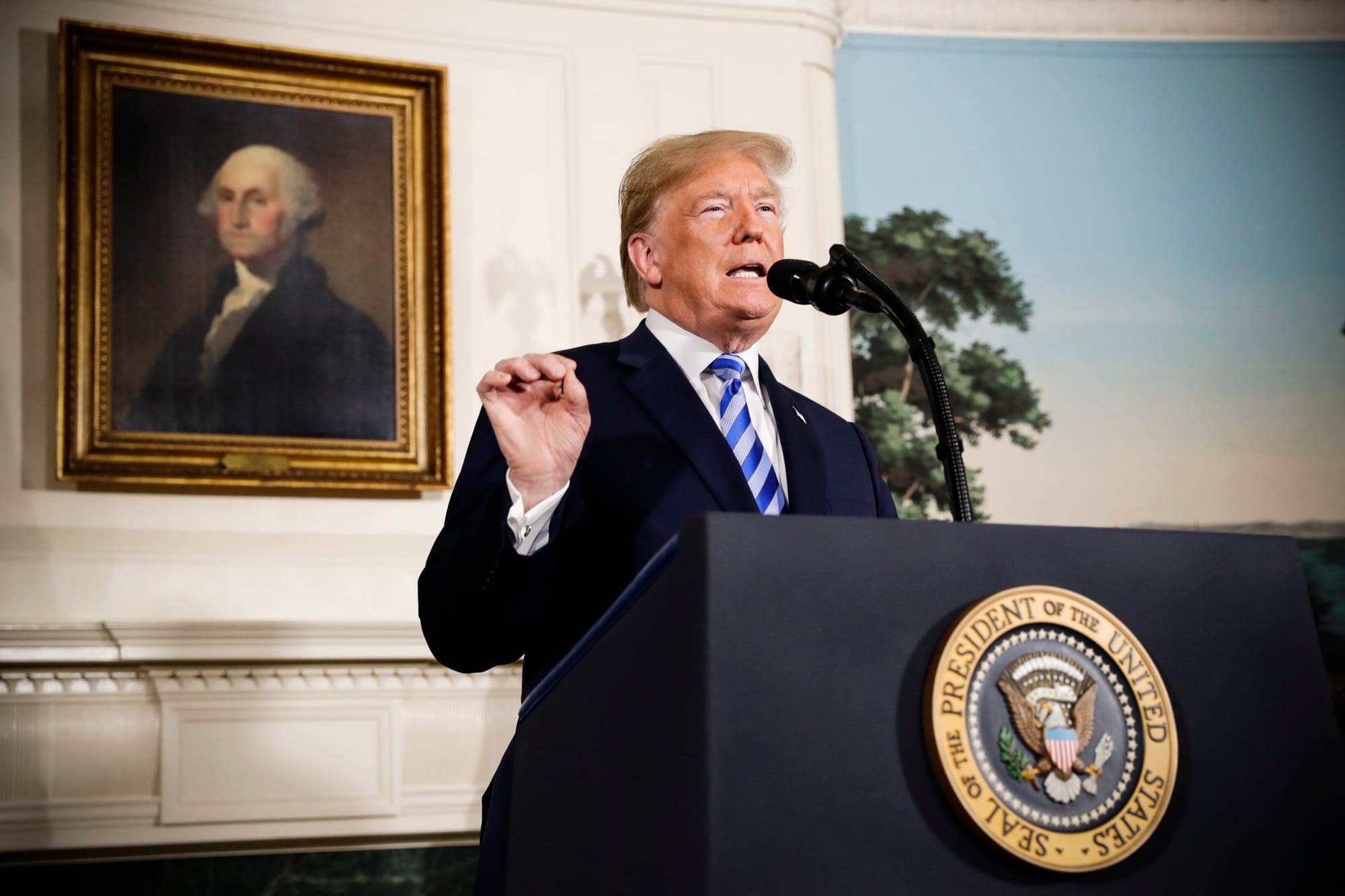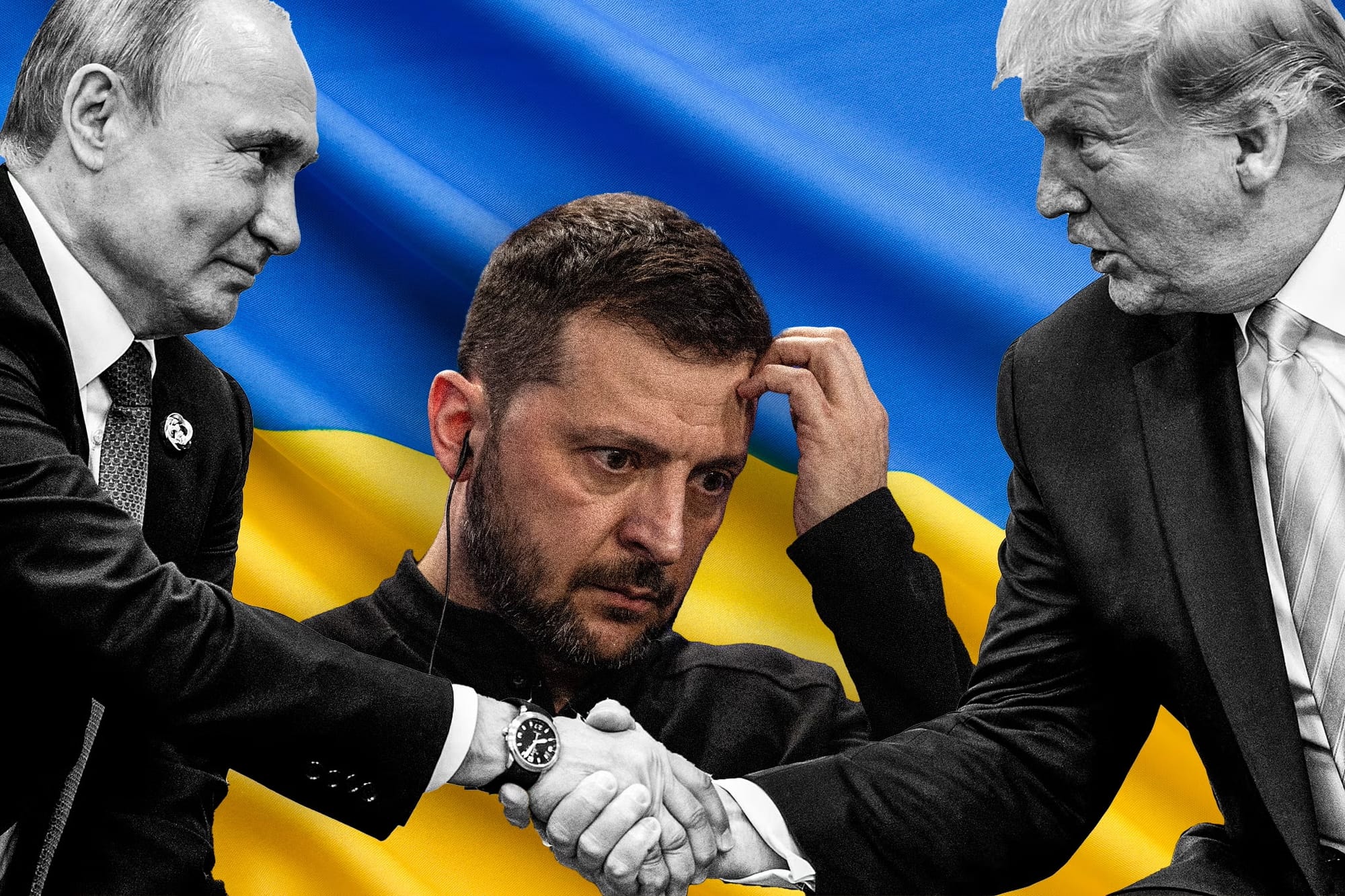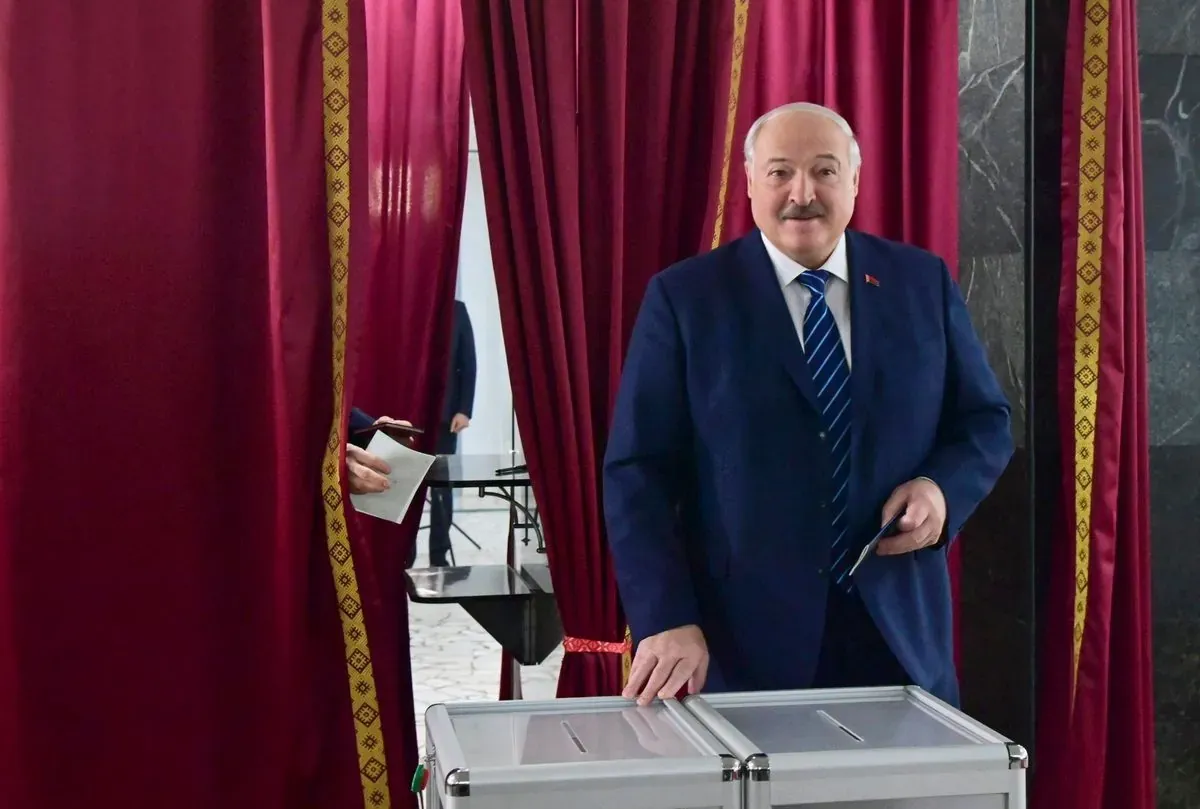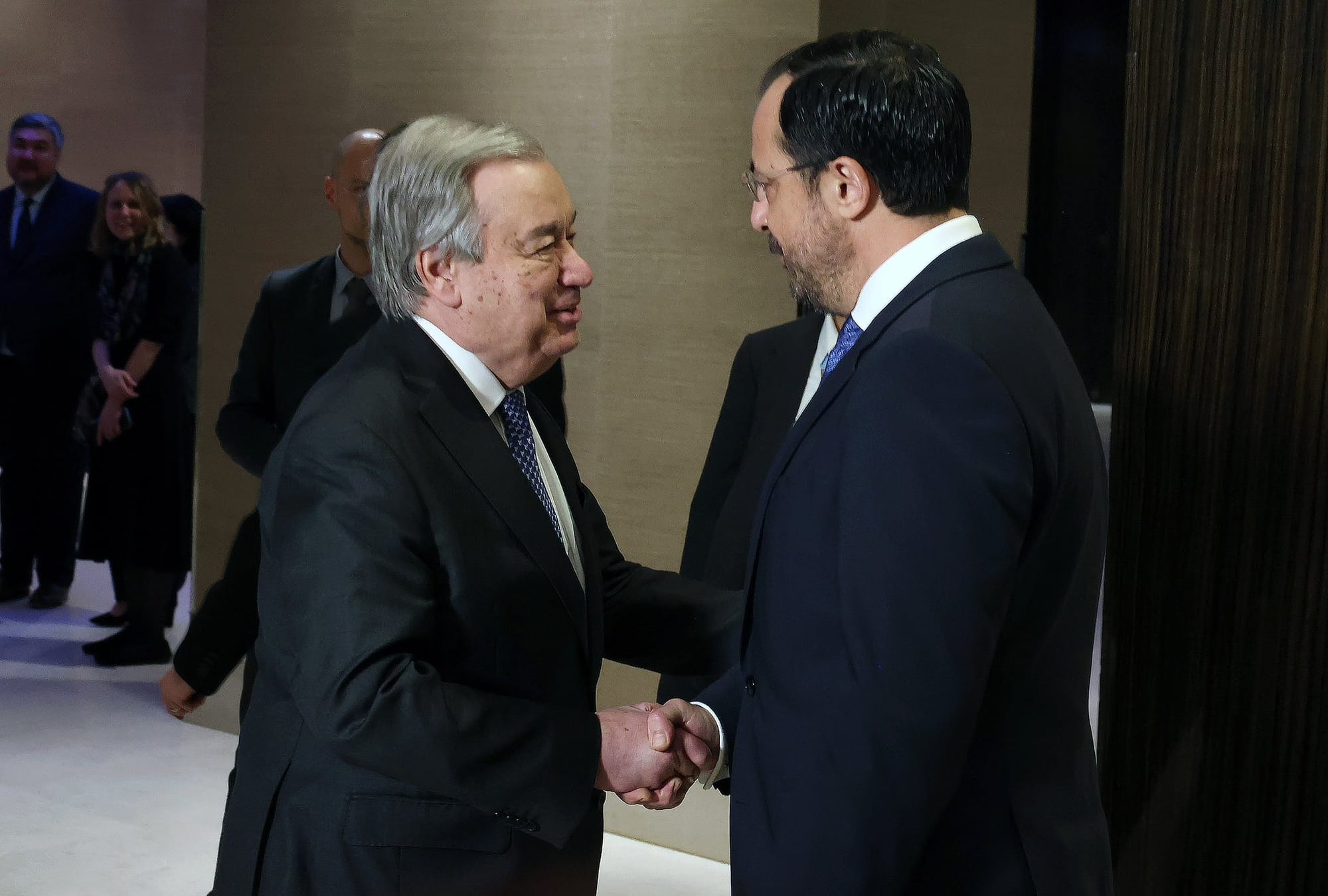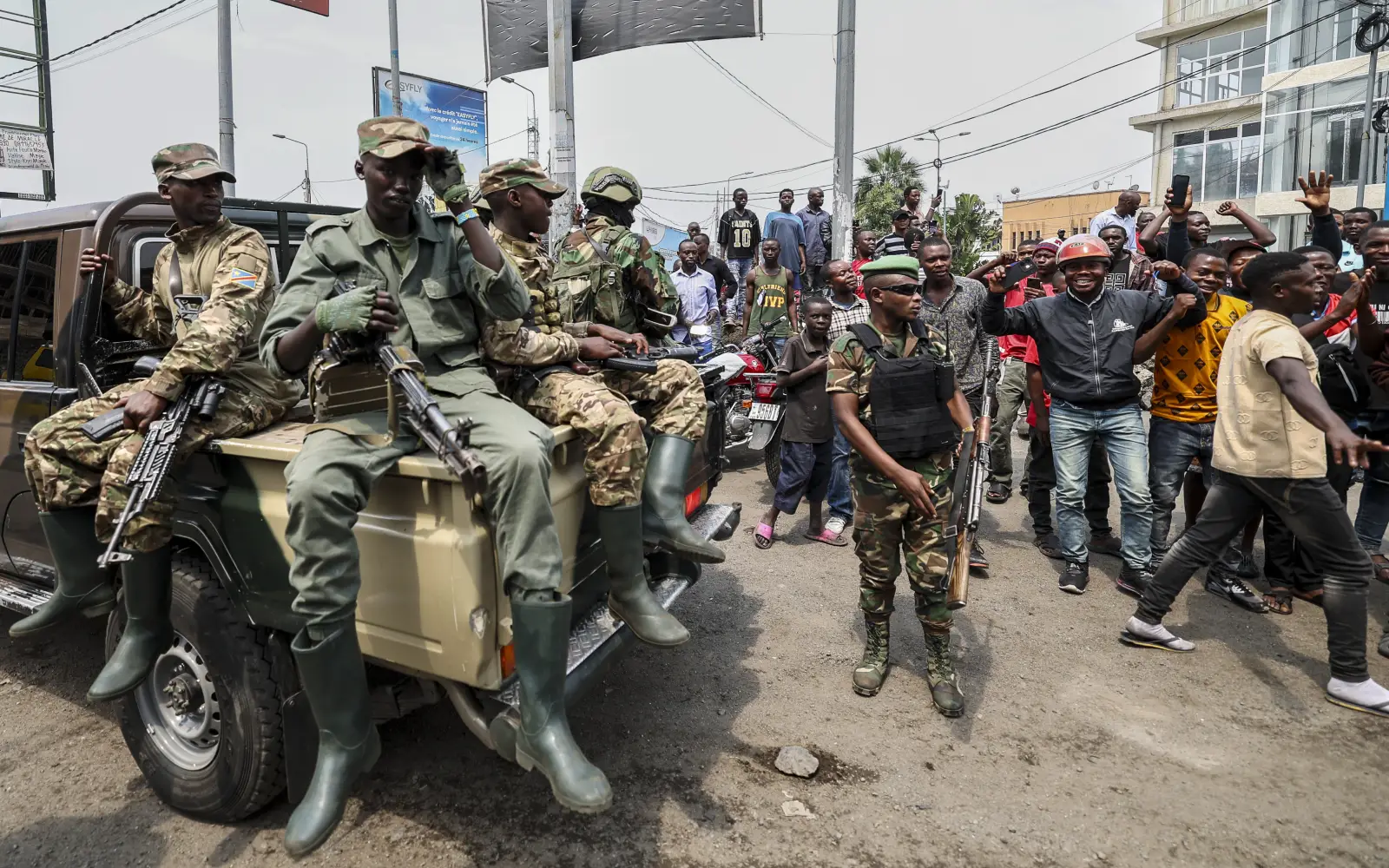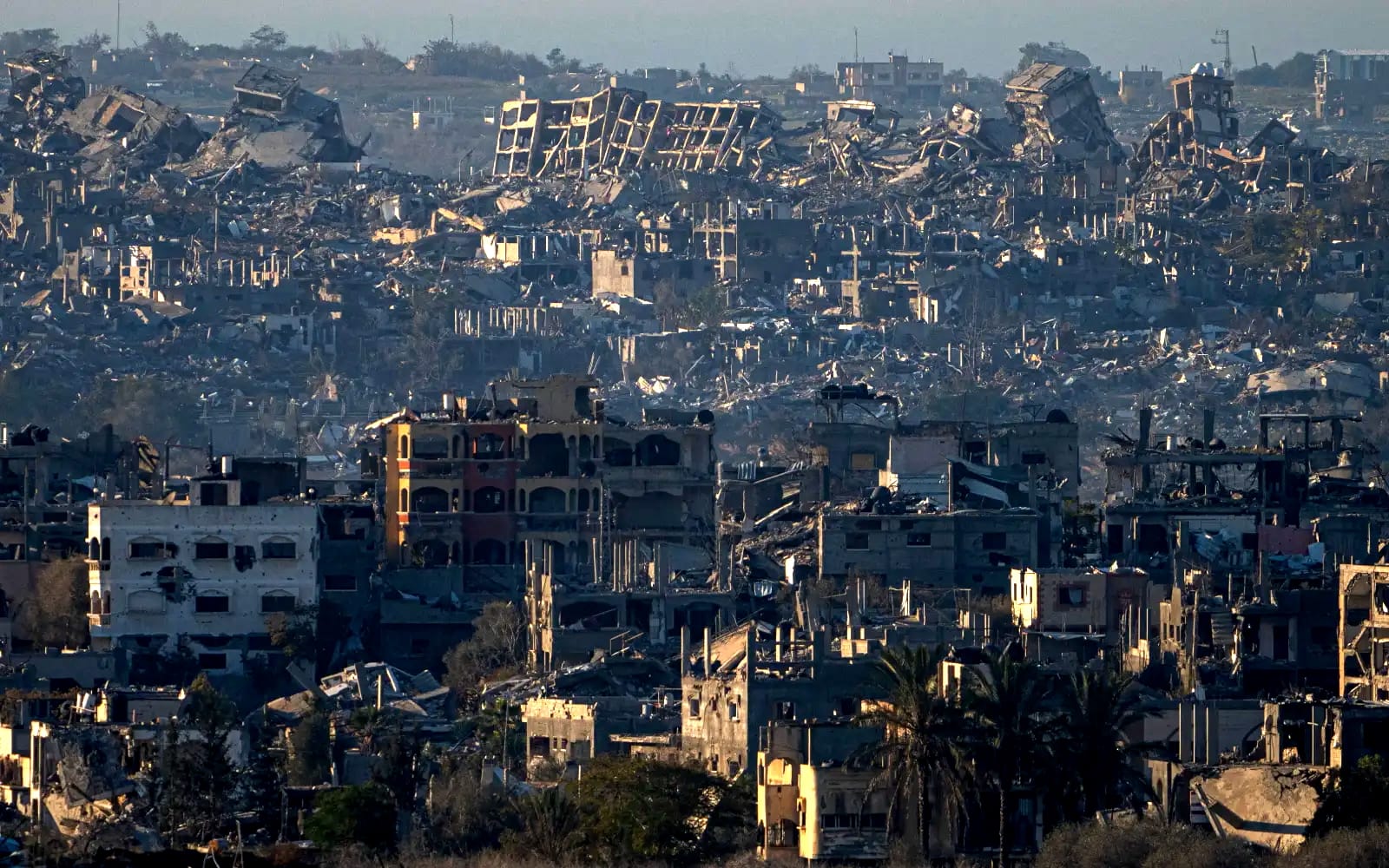
Israel-Hamas Ceasefire Begins: A New Chapter After 15 Months of Conflict
A ceasefire between Israel and Hamas officially commenced on January 19, 2025, following a nearly three-hour delay. The initial phase of the ceasefire is expected to last 42 days, with increased humanitarian aid access for Gaza.
-

 Founder and Director of diethnos. Nikolas is a Political Sciences and International Conflict graduate, now specialising in Cyber & Digital Diplomacy, emerging Hybrid Threats and Data Visualisation.
Founder and Director of diethnos. Nikolas is a Political Sciences and International Conflict graduate, now specialising in Cyber & Digital Diplomacy, emerging Hybrid Threats and Data Visualisation. - •
- 2 min read
Read Next
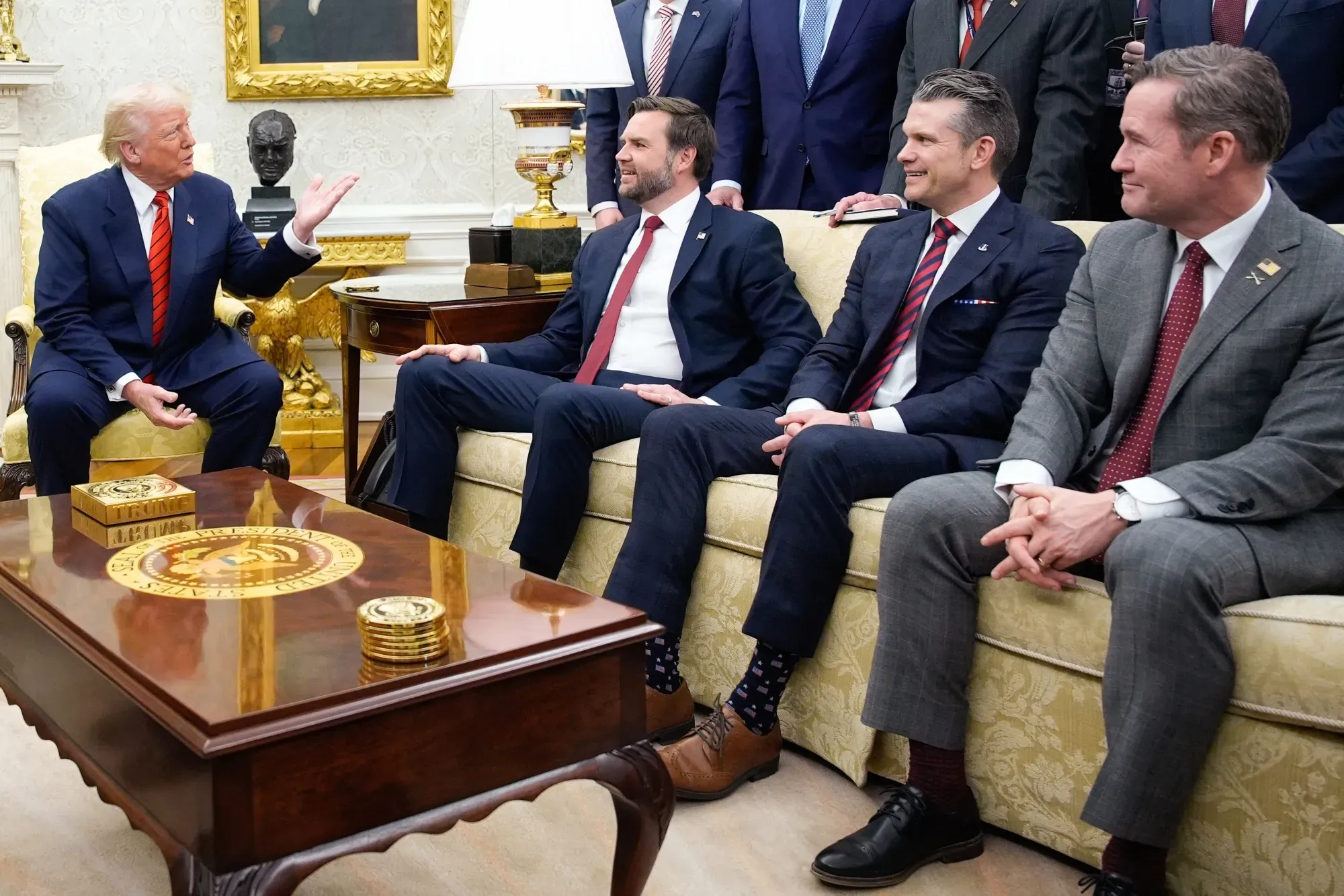
Trump Officials Expose Yemen Strike Details on Signal


Founder and Director of diethnos. Nikolas is a Political Sciences and International Conflict graduate, now specialising in Cyber & Digital Diplomacy, emerging Hybrid Threats and Data Visualisation.
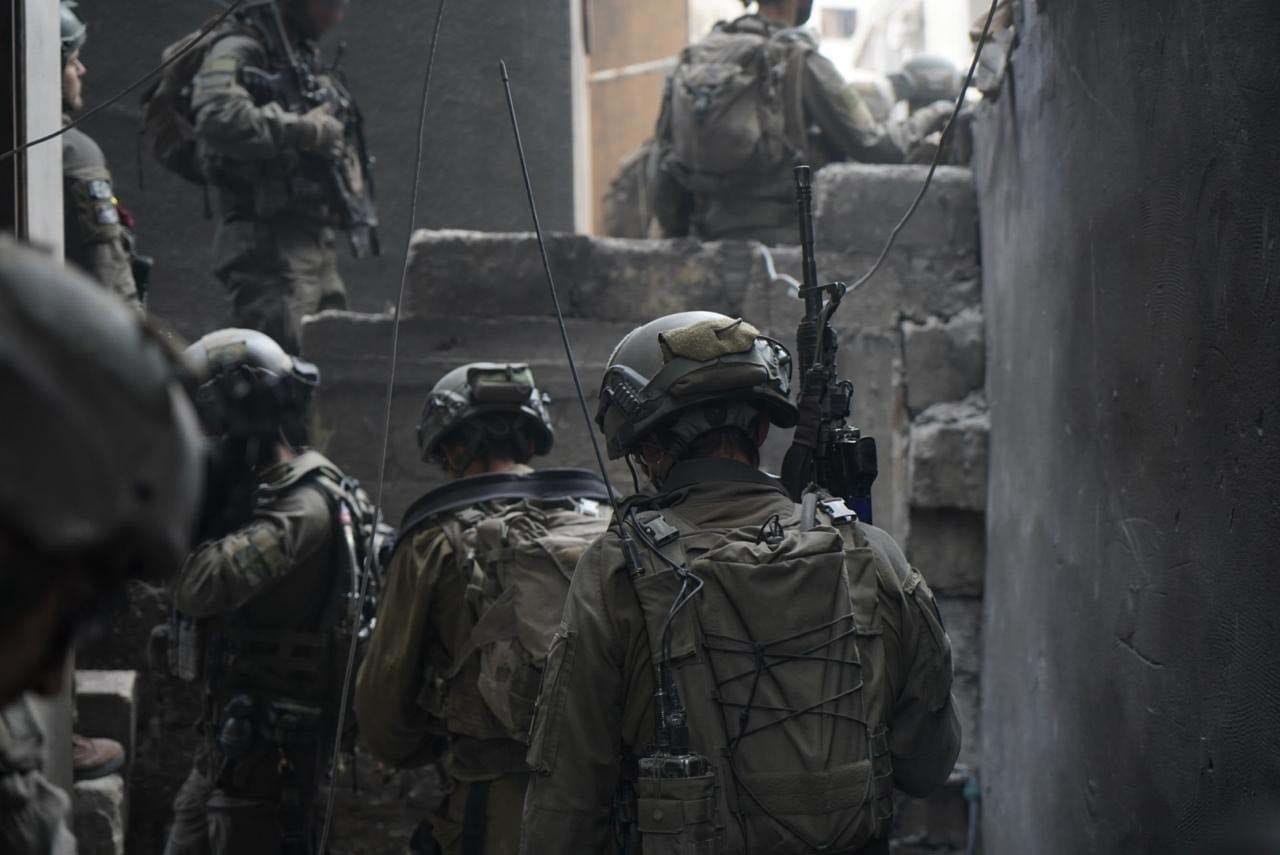
Gaza Ceasefire Shattered: Hamas Political Leader Dead in Israeli Airstrike


Founder and Director of diethnos. Nikolas is a Political Sciences and International Conflict graduate, now specialising in Cyber & Digital Diplomacy, emerging Hybrid Threats and Data Visualisation.
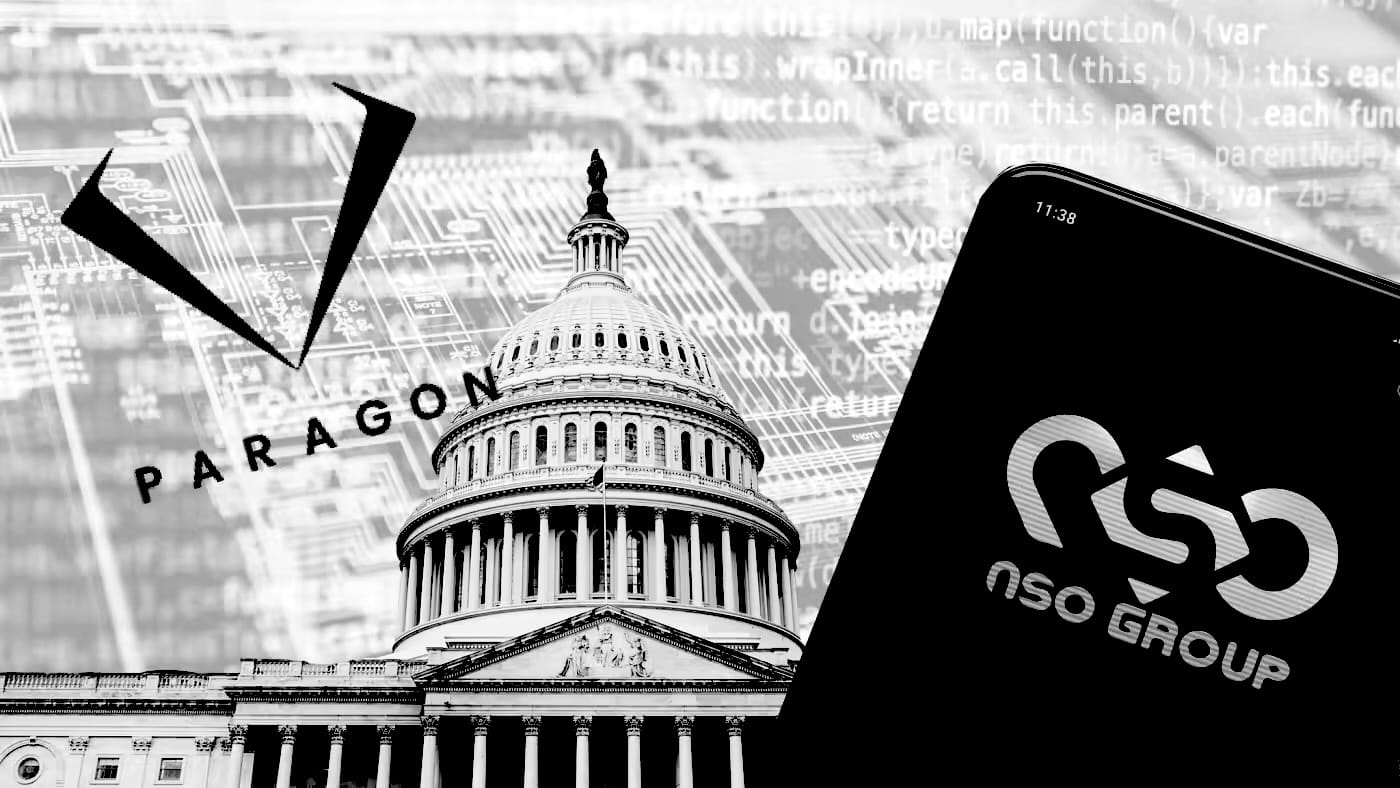
Paragon Spyware: Six Countries Named as Potential Customers


Founder and Director of diethnos. Nikolas is a Political Sciences and International Conflict graduate, now specialising in Cyber & Digital Diplomacy, emerging Hybrid Threats and Data Visualisation.
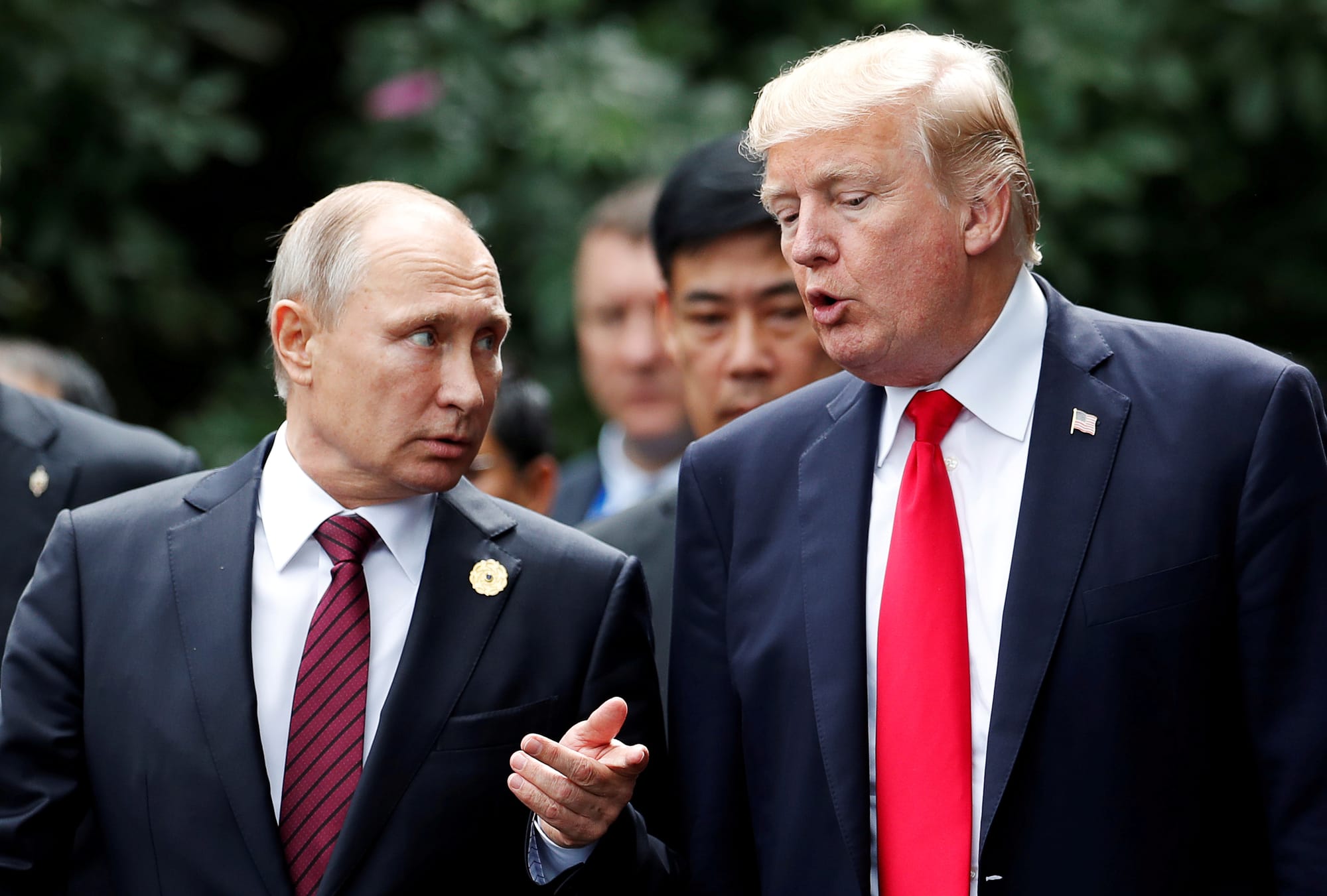
Putin Agrees to Pause Targeting Energy Facilities, but not to a Full Ceasefire


Founder and Director of diethnos. Nikolas is a Political Sciences and International Conflict graduate, now specialising in Cyber & Digital Diplomacy, emerging Hybrid Threats and Data Visualisation.
Subscribe to Newsletter
News for anyone who is just too busy with everyday life. No bias, just pure reporting.


